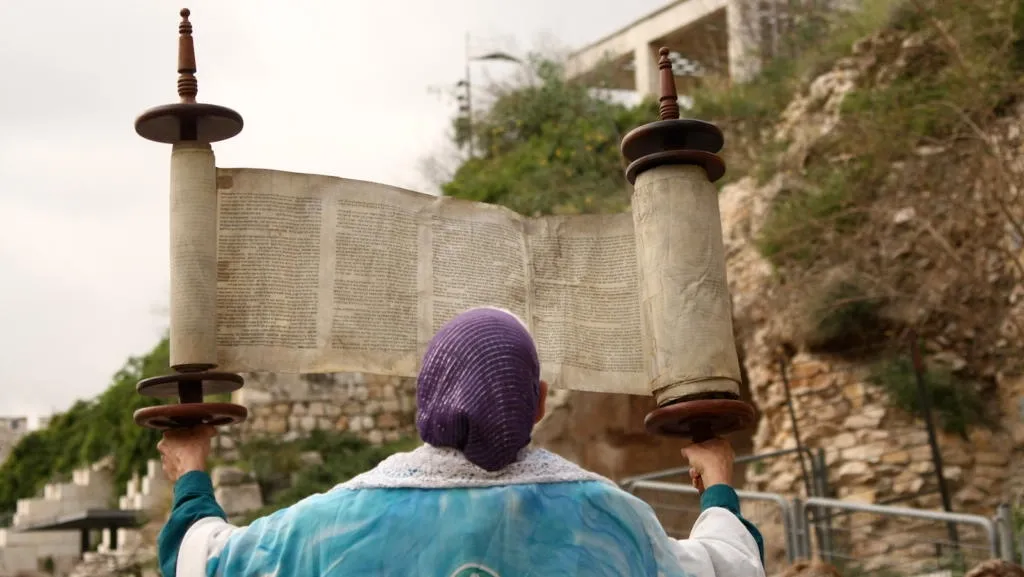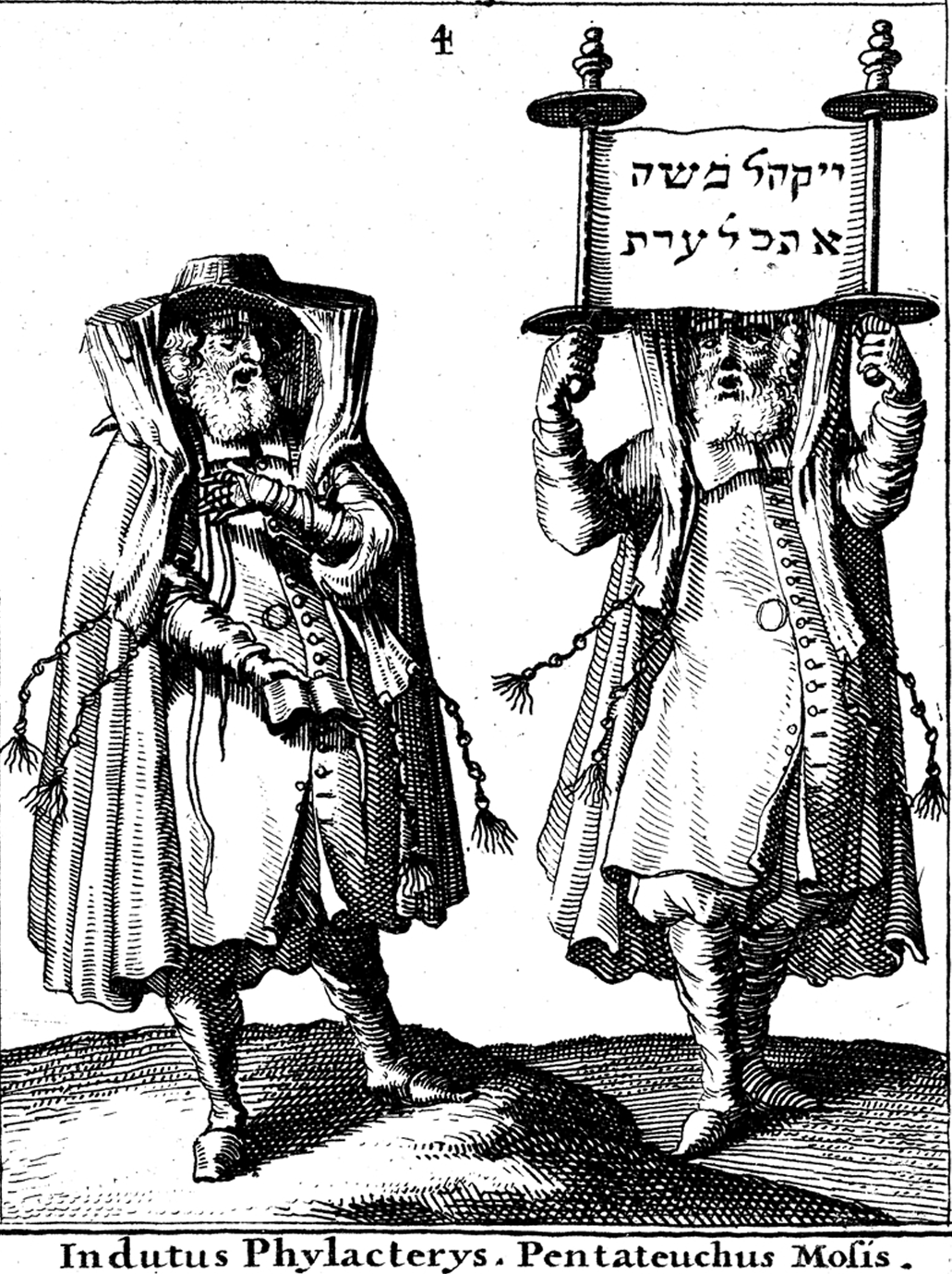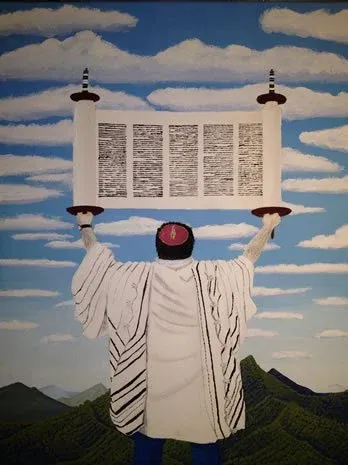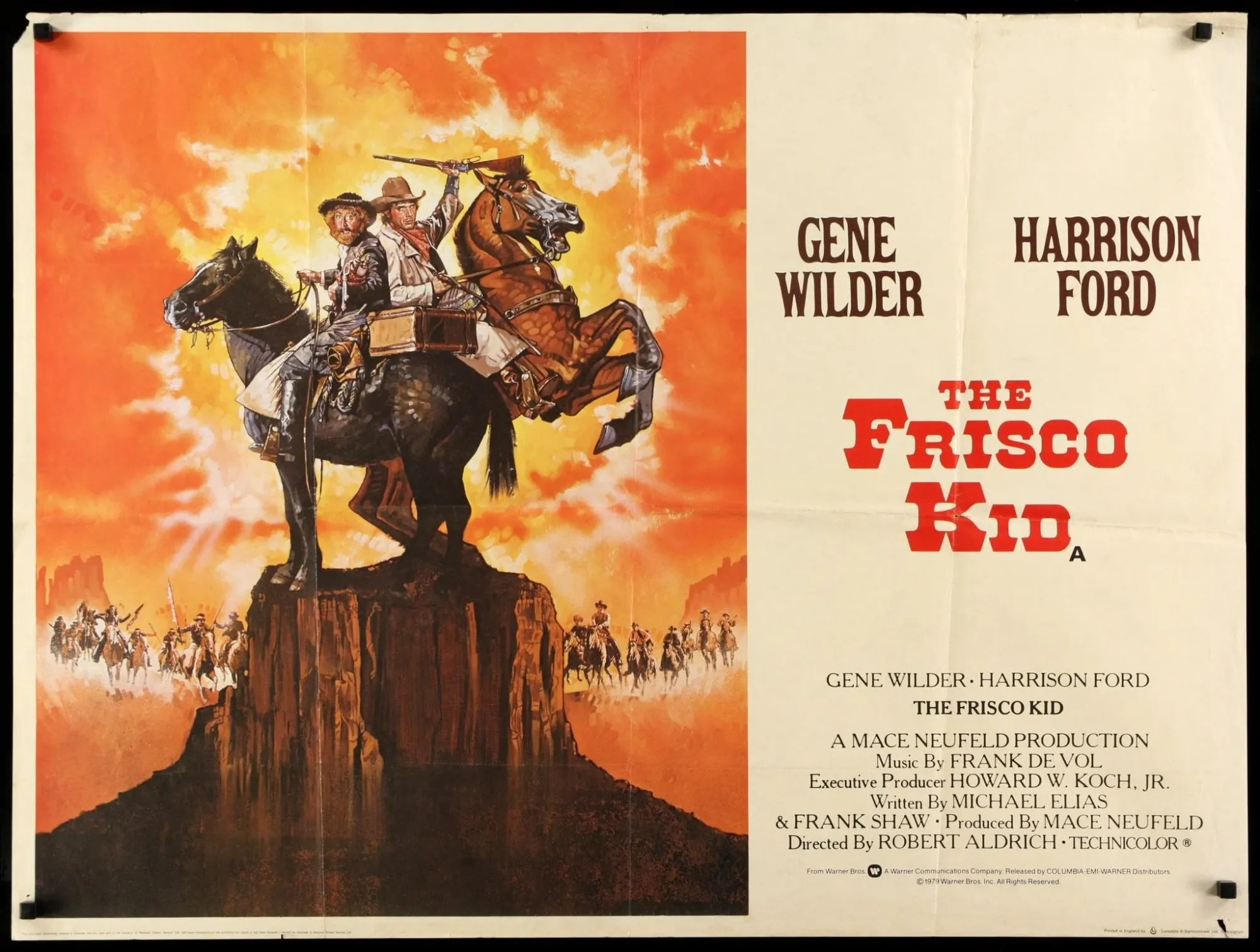Shabbat Gathering: What’s hagbaha and who is the magbiah?

Dear Chevrei, as is our custom, we will gather tonight at 5.45p ct to welcome Shabbat. These are the coordinates for our Shabbat Gathering:
Zoom
Meeting ID: 963 5113 1550
Password: 1989
Phone: +1 312 626 6799
By the way, if you're a member of Shaarei Shamayim, it's time for you to renew your membership. If you're not a member, please consider joining. Thanks.
(To unsubscribe from the newsletter, click the link at the very bottom of this email.)
Here we go.
The part of the Torah Service that makes me nervous to watch, every... single... time..., is when Torah is lifted into the air. If there’s a slip and the Torah is dropped to the floor, the rumor is that everyone involved, even those watching in the congregation, must fast from dawn to dusk for 40 days, the number of days Moses was on the mountain before returning to the Israelites with Torah. I’ve heard this for more than 30 years.

According to what I’ve learned, this is a myth. Afterall, 40 days of fasting is at bit much and the Jewish faith doesn’t usually take punishment to physical extremes.
The research.
In my research for this newsletter, the first source I found said it doesn’t have to be 40 consecutive days. It could be like Monday, Wednesday, and Friday until 40 days are accrued. Then, a second source said the fast is for one day only. But the most authoritative source I found was in a publication called Jewish Action (published by the Orthodox Union so you know this is serious). The author couldn’t find a real source for the 40 day fast or even the one day fast and concludes the whole thing is like an urban legend. (The author does an excellent job researching the topic and presenting their findings, if you’re interested in that sort of thing.)
What everyone does agree on is that the Torah is one of our most sacred objects and must be treated with utmost respect. The other thing we can all agree on is acquiring and repairing a Torah is expensive.

Defining terms.
Hagbaha is the act of lifting the Torah and it's performed by the magbiah. According to most sources I came across, when the Torah is lifted three columns of text and one seam is supposed to be shown to the congregation to prove that this particular Torah is the real deal. The members of the congregation makes a blessing when they see the words on the Torah scroll. One of the myths I’ve heard is that the more columns that show, the bigger the mitzvah by the magbiah. But, why risk it? (When I had young daughters, we would “bet” on how many columns the magbiah would show and “score” them like in the Olympics on how many columns they ended up showing.)
Where did that hole come from?
It probably isn’t suppose to be funny as there’s property damage to a landmark building involved, but if you look up at the ceiling of the of the Gabler Living Room where we hold most of our services, you’ll notice a small hole in the ceiling. The hole was made by one of the atzei chaims, the poles Torah is wound around, when a magbiah was a bit too enthusiastic elevating the Torah. I wish I had seen that first hand because I think it would have been hilarious, although I’m sure the magbiah performing the hagbaha was horrified and everyone felt bad about desecrating a Frank Lloyd Wright building. (In all fairness, the ceiling in that room is unusually low.)

Spoilers ahead.
Above in this newsletter, I wrote “Torah is one of our most sacred objects” instead of “Torah is our most sacred object.” Let me explain what I mean by telling you about one of my favorite Jewish movies. In the The Frisco Kid (1979, deeply under rated), Gene Wilder is a foolish rabbi in Poland sent by his yeshiva to deliver a Torah scroll to San Francisco and marry a beautiful Jewish woman as a reward. Hilarity ensues. Soon, he meets a notorious train robber, Harrison Ford, and they become reluctant buddies making their way to San Francisco. In the climax of the movie, they’re captured by thieves and Wilder has to chose between saving the Torah or his buddy. Wilder agonizes over this for just a second before saving Ford. And this is according to halakha, Jewish law, because “saving one life is equal to saving the world,” pikuach nefesh. There’s no doubt that losing Torah (or dropping and damaging it) is a great tragedy, but losing or damaging a life is worse.
Maybe this is our life's mission.
I think our mission in life might be lifting each other up and holding each other high so others can see we are real and something valuable. Sometimes we can't do it for ourselves. And if we did do it for ourselves, it just wouldn't be the same. We need to hold each other carefully, with honor, and with love. It's just like what Hillel said, "If I am not for myself, who will be for me? If I am not for others, what am I?”
So, should you ever get the chance to hagbaha, give it a try. Be fearless. It’s a great mitzvah, and I can speak from personal experience that you can feel the mitzvah in your body when you spin Torah around and show it to the congregation. Five columns, two columns, one column … it doesn’t matter. Show it to the congregation so they can see the holy words and make a blessing.
And may it be for all of us a blessing.
See you tonight!
Gut Shabbes!
All my love,
brian.
PS
As per last week's newsletter, here's another take on smartphone issues.

Modern problems.

And, because you really wanted to know.

-30-
